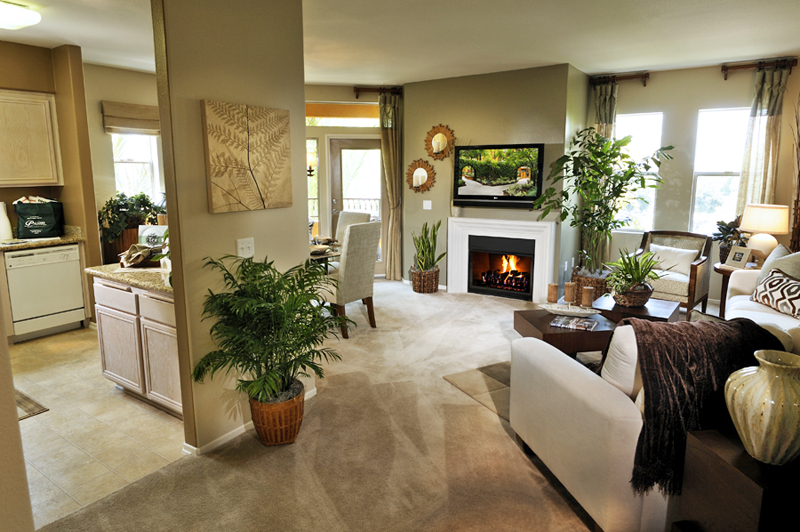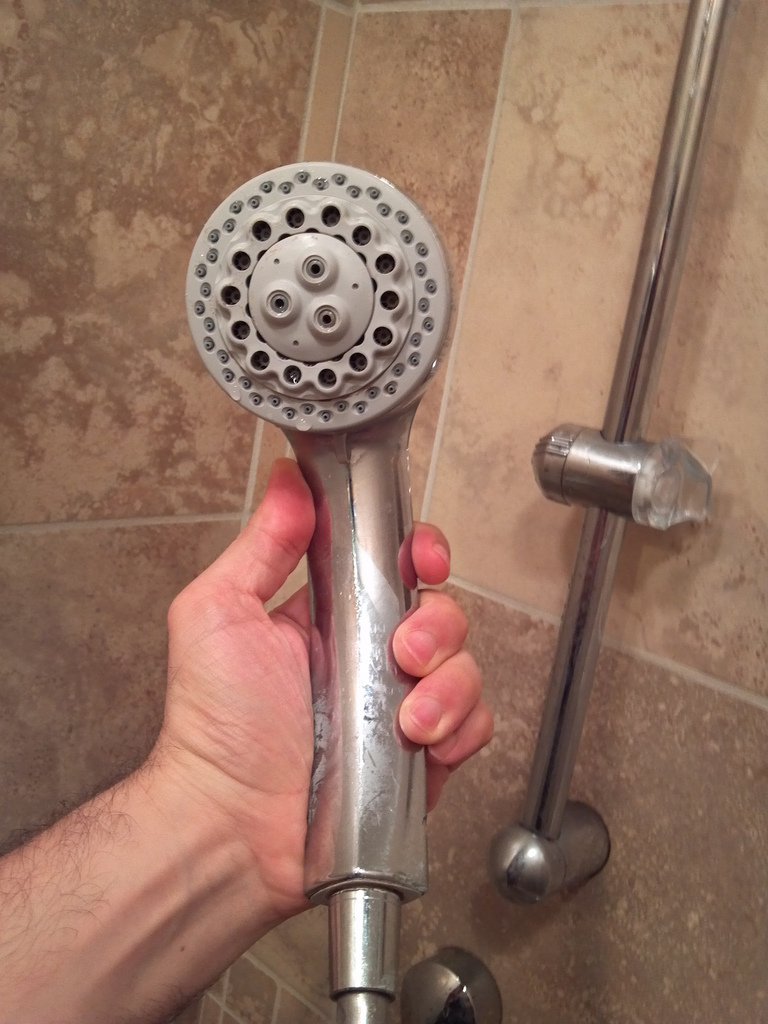Our mission is to help you find the best apartment for you. Part of that is bringing you accurate, live listings from responsive brokers and property managers. (We work especially hard to prevent you from having to deal with ghost listings.) Another part of that is making sure that when you go see the apartment, you know what to look for. With that in mind, we’ve put together the top nine questions to ask when viewing an apartment this season.

Photo: Architecturist/CC 3.0
1. Am I Getting a Good Deal?
Get a sense of the prevailing rates in your chosen neighborhood. (RentHop is a good place to start!) If the apartment you’re looking at is far more expensive (or far cheaper) than the housing around it, ask why. If there are problems, better to know them before you move in.
Also, find out whether rents have been rising or falling in the neighborhood, and if so how quickly. Our Average Rents page describes historical and recent rental prices. If you love your new neighborhood, and rents have been rising fast, consider a longer lease. You’ll likely have to agree to a rent increase, but you’ll have the certainty of being in the neighborhood love for at least the term of your lease.
Finally, check whether the lease and floorplan permit conversion of the apartment to add an additional bedroom. If you can create a new bedroom with a pressurized wall you may be able to add a roommate, which can make the apartment more affordable.
2. Am I Paying for Worthless Amenities?
Apartments and apartment buildings come with an amazing array of amenities. From gyms and pools to private balconies, buildings have come a long way. Improvements in plumbing and electrical wiring allow landlords to put heavy water- and electricity-drawing conveniences like washers/dryers and dishwashers directly into apartments. Not surprisingly, landlords often charge extra for them, either directly or indirectly (through increasing the rent). Be sure to think through whether you will realistically use these amenities before making a decision. Some amenities just aren’t worth it (though some are).
3. How’s the Water Pressure?
Don’t know? Check. And remember that you’re not just looking for pressure. You want to make sure that the hot water gets hot (but not too hot!), and that it doesn’t take too long to do so. More generally, confirm that the plumbing works and that there haven’t been problems with drain clogs – a shower drain that consistently gets clogged can be very frustrating. If you have garbage disposal make sure it works properly as well.

Photo: Les Orchard/CC 2.0
4. How’s the Heat and Air Conditioning?
Make sure both heat and A/C work. If the building doesn’t have central air conditioning or temperature control make sure that the unit has in-unit A/C and sufficient heat. At worst, make sure that the windows are strong enough to support an in-window air conditioner. And don’t forget to check ventilation as well. If you cook a lot you’ll want an apartment that won’t smell like whatever you cooked for the next several days!
Also, if you are responsible for paying the energy bills, ask about the previous tenants’ usage rates. You want to make sure that the heat and A/C are both effective and efficient.
5. How Many Bathrooms?
If the apartment only has one bathroom, pay attention to where it is in the apartment. If it’s only accessible via the bedroom that means all of your guests will need to go through your bedroom to use it.
6. Who Are My Neighbors?
Make sure you learn a bit about the people living on your floor. How long have they been there? Is there a lot of turnover? This is also a good time to check how thick the walls are, and whether you’ll be able to hear your neighbors above, below and around.
Pay extra attention if the building has commercial tenants as well as residential tenants. When those commercial tenants are restaurants, be particularly vigilant. Most restaurants are well-run and clean and won’t give you any problems (and will be really convenient as well!). Some aren’t, though, and the ones that aren’t might “deliver” you some unwanted guests.
7. How Safe is the Apartment?
Does the front door feel sturdy and secure? Does it have a deadbolt? If you’re on the first floor, are you comfortable that intruders cannot come in through the windows (or patio, if you have one)? This is important both for your peace of mind and for your renter’s insurance premiums. (If you don’t have renter’s insurance, you should definitely consider it.)
Meanwhile, make sure to check out crime statistics for the neighborhood – the FBI website is very helpful for this. Do your own investigation too. Walk around the neighborhood (at night if you can), talk to the neighbors, and get your own sense of how safe you feel. Is the area well-lit? Are there usually people around?
8. How is the Parking, Commute, and Public Transportation?
And secondarily, consider whether you’ll need to use your car to go everywhere (not just to work). This can greatly increase your cost of living – you’ll need to pay for insurance, fuel, and maintenance and repairs over time. You may pay more for the convenience of being able to walk everywhere, though.
9. Will I Have Strong Cell Phone Service and WiFi?
As you walk through the apartment, check to see how many bars you’re getting on your phone in all rooms. If there are dead spots in the apartment you should know where they are before you sign the lease. (If the entire apartment has bad reception you may need a land line.)
Also, look at the layout of the apartment and the thickness of the walls to determine whether you can wire the entire apartment for wireless connectivity with one router. If you can’t you’ll need additional equipment, which can be both expensive and frustrating.
Editor’s Note: We updated this article to enhance readability.




